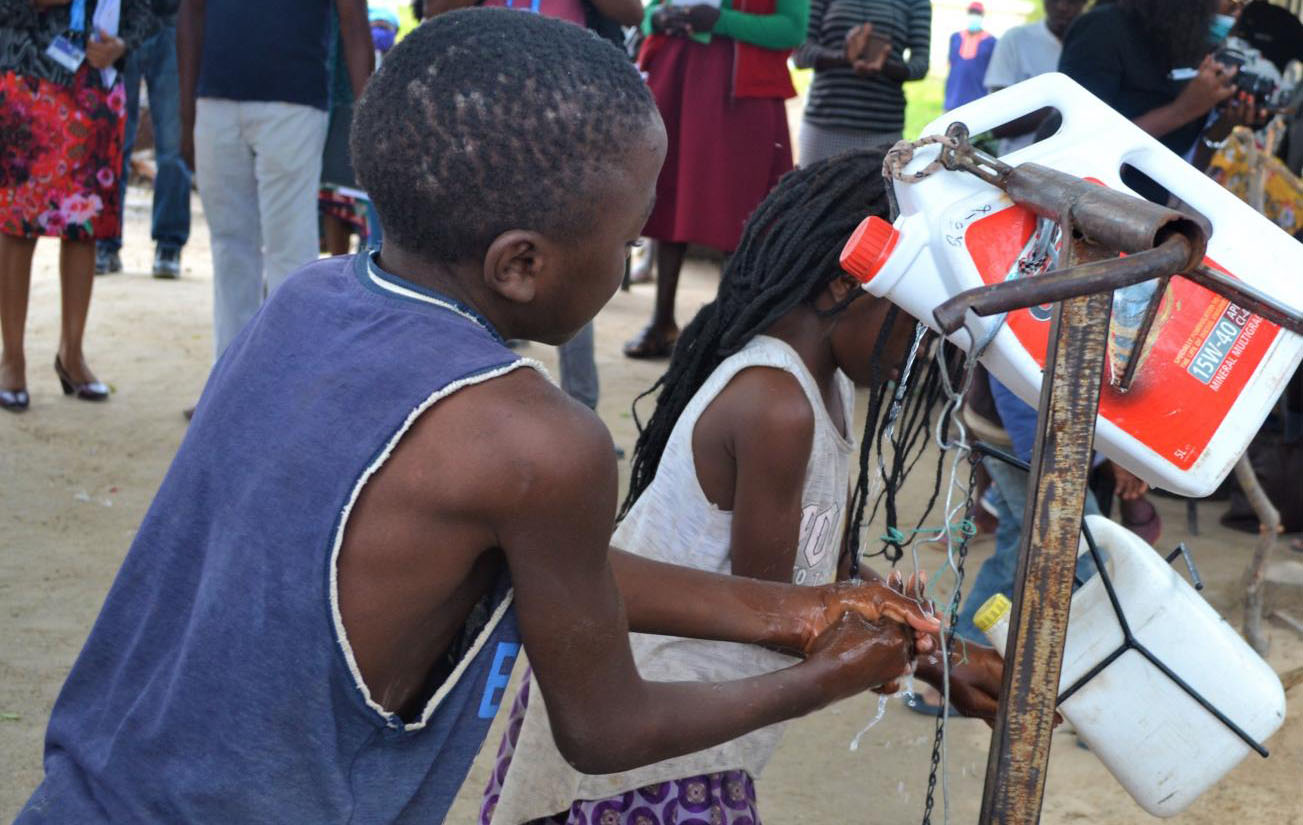Hepatitis E outbreaks regularly occur during humanitarian emergencies, often leading to tens of thousands of cases and hundreds of deaths. Control strategies, primarily emergency water supply and improvements to sanitation, have had limited impact. Hecolin, the only hepatitis E vaccine, was licensed in China in 2012.
Médecins Sans Frontières (MSF) established a stockpile of Hecolin for rapid epidemic response in early 2021. An HEV outbreak occurred in South Sudan shortly after this stockpile was created. The internally displaced persons camp in Bentiu, Unity State, hosts more than 100 000 individuals. Given the increase in disease incidence and poor water quality and sanitation conditions, the South Sudan Ministry of Health requested support from MSF to integrate hepatitis E vaccine into the outbreak response.
Dr. Iza Ciglenecki, Dr. Andrew Azman and the team shared their experience of this first ever hepatitis E mass vaccination campaign targeted 27 000 individuals aged 16–40 years living in the Bentiu internally displaced persons camp, including pregnant women.
Read the full story in The Lancet Infectious Disease published in August, 2022: https://doi.org/10.1016/S1473-3099(22)00421-2

